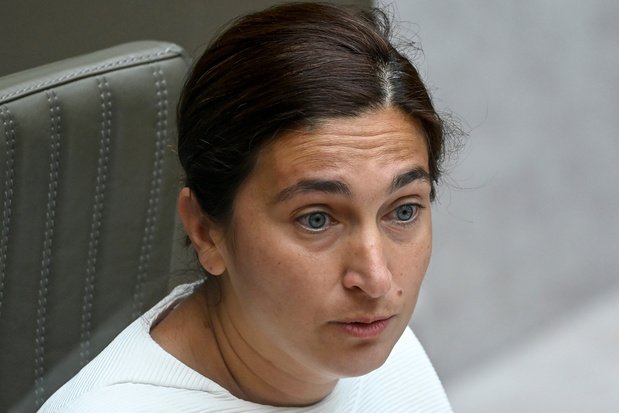The victims of crime should have access to free legal advice in the same way that accused people do now, according to Flemish justice minister Zuhal Demir (N-VA), speaking on the eve of the European Day of the Victims of Crime.
According to a decade-old law in Belgium, every accused person is entitled to have a lawyer present before they can be interviewed – not, as often assumed, on arrest. If they have no lawyer of their own, a public defender will be appointed at no cost to the accused.
However for the victims of crime, the situation is very different. While the accused person has legal representation provided free, the victims are left to fend for themselves, either facing the judicial process alone or finding their own paid legal representation.
In one way, the system says, the imbalance is justified. In most Western legal systems, the public prosecutor is the legal representative of the victim. Prosecutions are carried out in the name of the people.
At the same time, the accused person is alone in facing the mighty legal apparatus of the state, including the police and a panoply of experts on every available topic, from forensic pathology to psychiatry. The provision of legal representation is one way to redress that imbalance.
“Offenders today have an advantage: their lawyer prepares them for the interrogation, while victims often hardly know what to expect,” Demir said in an interview with the tabloid De Zondag, in a statement containing one inaccuracy: the right to representation is open to all accused persons, not only ‘offenders’ – daders in the original quote, compared to suspects (verdachten) or defendants (beschuldigden) – but also those who are later found by the judicial process to be not guilty of any offence.
In the first instance, Demir is proposing a system of free legal representation for victims of sexual crimes who report to a care centre for victims of sexual violence.
A victim of sexual crimes reporting to a care centre should, she proposed, be able to find representation by a lawyer specialised in that area of law. According to the interview, discussions on the matter have already started with the federal authorities in charge of the centres.
According to Demir, the centres themselves have reported a lack of legal support for victims. But going on from there, she would like to see the right of victims extended in all areas. That, however, would be a matter for the federal government alone.
Alan Hope
The Brussels Times

